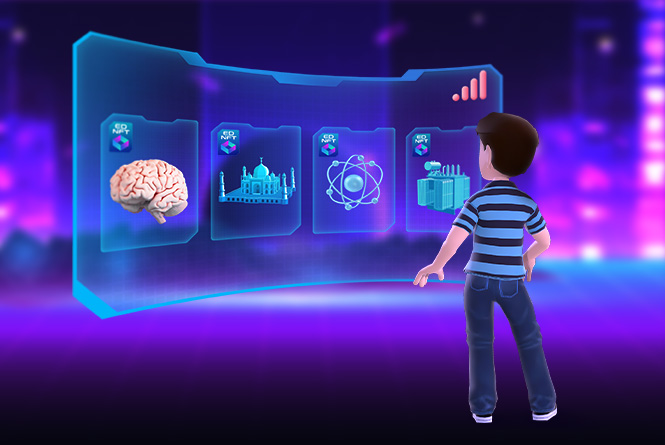Before jumping on the new technology, educators should think twice.
The Metaverse and Its Implications for Education
Introduction
The term “metaverse” has been around for decades, but in recent years, it has gained widespread attention in popular culture and technology circles. Originating in science fiction, the metaverse refers to a virtual universe where users can interact with digital versions of themselves and experience various activities, from gaming to shopping to socializing. But what does the metaverse concept mean for education, and how might it change how we learn and teach in the future?
What is the Metaverse?
The metaverse is a collective term that describes a virtual world where users can interact with each other and digital objects in real-time. The idea is that this virtual world will be fully immersive, allowing users to experience various activities in a simulated environment that is indistinguishable from the physical world.
While the concept of a metaverse has been around for decades, the development of virtual reality (VR) and augmented reality (AR) technology has made it increasingly feasible. With VR, users can fully immerse themselves in a virtual environment, while AR allows digital content to be overlaid with the physical world.
The Potential of the Metaverse for Education
The potential of the metaverse for education is vast, and there are several ways it could be used to enhance learning experiences. Here are just a few examples:
Immersive Learning Experiences:
The immersive nature of the metaverse could be used to create learning experiences that are more engaging and interactive than traditional classroom-based education. For example, students could take virtual field trips to historical sites or visit simulated environments that would be difficult or impossible to experience in the real world.
Collaborative Learning:
The metaverse also facilitates collaborative learning, allowing students to collaborate on projects and assignments in a virtual environment. This could provide new opportunities for collaboration and teamwork and help build stronger relationships between students.

Personalized Learning:
In the metaverse, education could be tailored to each student’s individual needs and interests. For example, students could learn at their own pace, and the virtual environment could adapt to their learning style and provide customized content and feedback.
Gamification of Education:
The metaverse could also be used to gamify education, making learning fun and engaging. For example, students could complete virtual quests or participate in simulated challenges, making learning more exciting and rewarding.
Challenges and Considerations
While the potential of the metaverse for education is significant, several challenges and considerations must be considered.
Here are a few of the most important:
Technical Challenges:
Metaverse development is a technically complex and challenging task, and it will likely require the cooperation of many stakeholders, including technology companies, educators, and government agencies.
Equity and Access:
There is also the concern that access to the metaverse could be limited and that students from disadvantaged communities may need more resources or technology to participate. This would result in a digital divide, with some students missing out on the benefits of the metaverse for education.
Privacy and Security:
There are also privacy and security concerns to consider, as the metaverse could provide opportunities for malicious actors to access sensitive personal and educational data.
Ethical Considerations:
Finally, there are also important ethical considerations to keep in mind, as the metaverse will raise questions about the role of technology in education and how virtual environments may impact our physical and mental well-being.
In conclusion,
The concept of the metaverse has the potential to revolutionize education and provide new and exciting opportunities for learning. However, significant challenges and considerations must be considered, including technical complexity, equity and access, privacy and security, and ethical considerations. Companies like Metappfactory, a metaverse development company, will play a crucial role in developing the metaverse and ensuring that it is done in a way that benefits students and supports the overall goals of education. As technology advances, the metaverse will likely play an increasingly important role in shaping the future of education. It will be exciting to see how it evolves and impacts our learning and teaching.